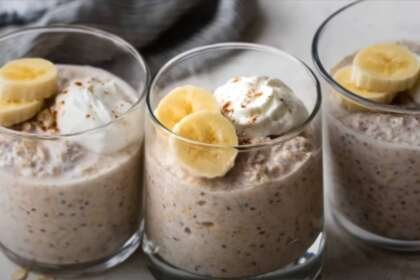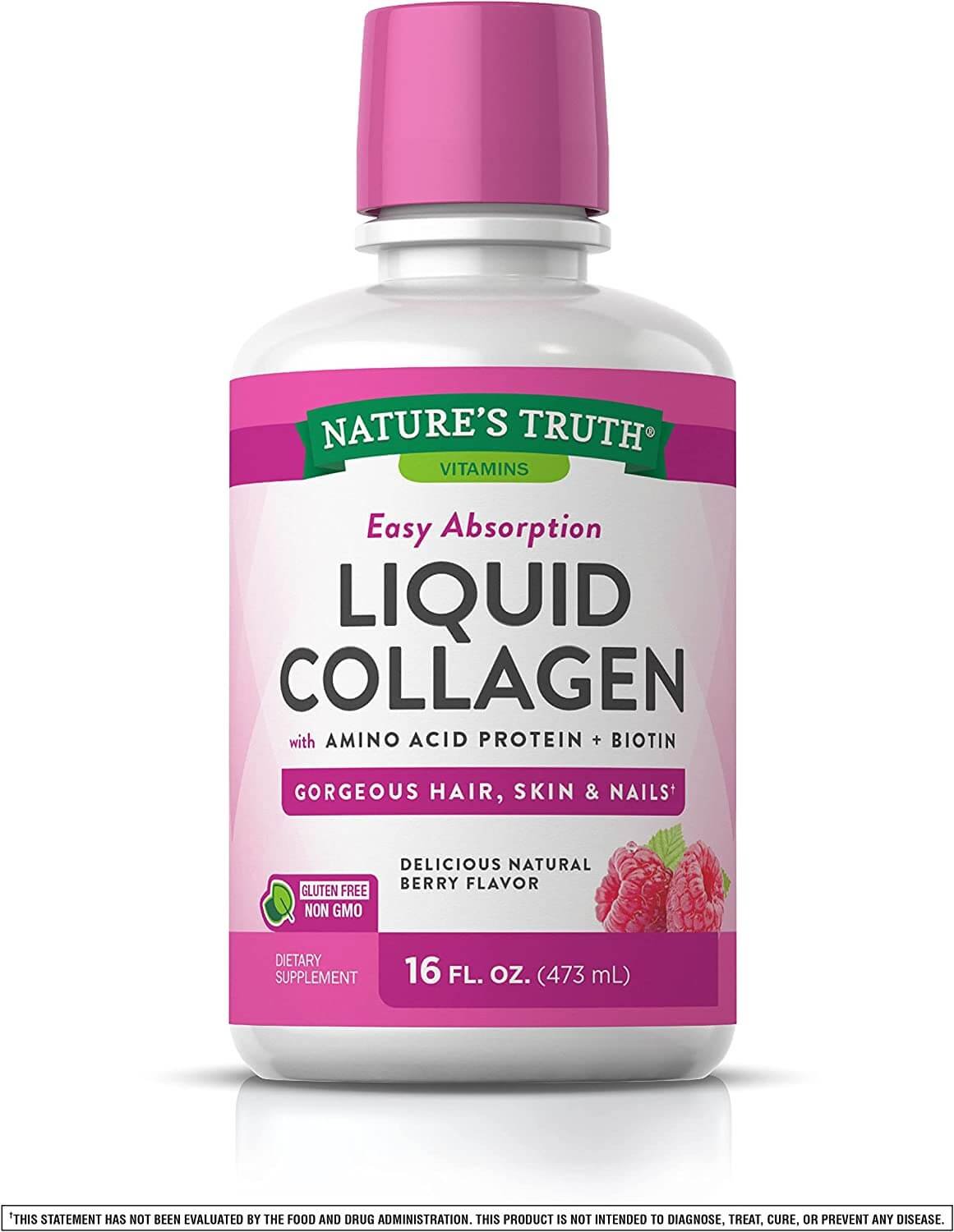The number of people opting for gluten-free diets has risen steadily over the past few years. For beer lovers, this can present a problem because the majority of commercially available beers today include gluten.
With the popularity of gluten-free beers on the rise, people with celiac disease, gluten intolerance, or those just trying to cut back on gluten have an option.
Awareness of gluten-related health problems and rising demand for healthier alcoholic beverages are driving growth in the global gluten-free beer market, which is projected to reach USD 753.4 million by 2025, according to a report by Grand View Research.
In this essay, we will delve into the background, flavour characteristics, health benefits, and food matching suggestions of gluten-free beers.
The Science of Gluten-Free Beer
The Role of Gluten in Traditional Beer
Grain products such as wheat, barley, and rye all contain gluten, which is a form of protein. In the process of brewing traditional beer, it plays a significant part since it contributes to the creation of the texture, mouthfeel, and foam stability that beer is famous for having. Gluten proteins are broken down into smaller peptides and amino acids while beer is being brewed. These breakdowns add to the flavour and aroma of the finished product.
Consuming gluten, on the other hand, can result in a wide variety of health complications for persons who suffer from celiac disease or are intolerant to gluten. Because of this, gluten-free beer has emerged, which differs from traditional beer in that it is brewed with alternative grains and additives that do not include gluten.
Alternative Grains and Ingredients Used in Gluten-Free Beer
Brewers often utilise gluten-free grains and additives to produce gluten-free beer. Here are a few of the most common choices:
- Sorghum: Sorghum, unlike wheat, contains no gluten and is therefore frequently used in gluten-free beers. Its flavour is comparable to that of barley, and it makes an excellent foundation for beer.
- Rice: Rice is another another type of grain that does not contain gluten and is frequently utilised in the production of gluten-free beer. It has a mild taste that might work well to complement the flavours of other components thanks to its neutrality.
- Buckwheat: Buckwheat is not a kind of wheat and does not contain gluten, despite the fact that its name suggests otherwise. It has a flavour similar to nuts and has the potential to deepen the taste of gluten-free beer.
- Quinoa: Quinoa is a grain that does not contain gluten, is strong in protein, and lends a flavour that is all its own to beer.
Hops, yeast, and fruit are a few of the other ingredients you’ll find in gluten-free beers. Beers with trace amounts of gluten may also benefit from the use of enzymes by the brewers.
The Brewing Process for Gluten-Free Beer
Gluten-free beer follows a similar brewing method to regular beer, with a few essential modifications. Following these guidelines will get you started:
- Malting the grains is the initial process. This is done by allowing the grains to germinate in water and then drying them to halt the process. Grain starches are partially hydrolyzed here for easier sugar extraction later.
- In order to make a mash, the malted grains are combined with boiling water. Starch is converted into sugars with the help of enzymes.
- When the mash is broken down, the resulting liquid, called wort, is boiled with hops to provide bitterness and taste. At this point, you can add whatever else you like, including fruit or spices.
- Once the wort has cooled, yeast is added to begin the fermentation process. Yeast feeds on the sugars in the wort and excretes alcohol and carbon dioxide during fermentation.
- Breweries then bottle and carbonate their beer once fermentation is complete.
Types of Gluten-Free Beer
More and more people are going gluten-free due to celiac illness or sensitivity, and as a result, gluten-free beer is gaining in popularity. Beer brewed without the use of gluten is brewed with grains and components like sorghum, rice, buckwheat, and quinoa. There are many options for those who need to avoid gluten in their beer, including lagers, ales, stouts, IPAs, and sours.
1. Lagers
Lagers are brewed and matured for a long time at low temperatures. Light and crisp in flavour, gluten-free lagers are typically brewed with rice or sorghum as their base. Among the most well-known gluten-free lagers include Redbridge Lager, New Planet Brewery Tread Lightly Ale, and Sprecher Shakparo Ale.
2. Ales
Ales, unlike lagers, are fermented at a warmer temperature and matured for less time. Ales that don’t contain gluten typically use sorghum or buckwheat as a grain foundation, which gives the beer a richer, heartier flavour. Dogfish Head Tweason’ale, Harvester Brewery Dark Ale, and Green’s Amber Ale are just few of the well-liked gluten-free ales available.
3. Stouts
Stouts, unlike lighter beers, are brewed using roasted barley to provide flavour and depth. Nonetheless, roasted sorghum or millet are frequently used in the production of gluten-free stouts. This results in a flavour profile that is comparable to that of conventional stouts, with hints of coffee and chocolate. St. Peter’s Sorghum Beer, New Grist Gluten-Free Pilsner, and Glutenberg Stout are a few of the most well-known gluten-free stouts.
4. IPAs
India Pale Ales, or IPAs, are a style of beer known for its distinctively bitter and floral hop notes. IPAs that don’t include gluten typically start with a grain like sorghum or millet and then add flavour with hops, fruit, or spices. Ghostfish Brewing’s Grapefruit IPA, Ground Breaker’s IPA No. 5, and New Belgium’s Glutiny Pale Ale are just a few examples of well-liked gluten-free India Pale Ales.
5. Sours
Beers of the sour variety are notorious for their sharp acidity. Sorghum, quinoa, or millet are commonly used as a basis for the souring process in gluten-free sours. Wild Acre Brewing’s Texan Blonde Sour, Grounder Breaker Brewing’s St. Denny’s Belgian-style Sour, and Moonshrimp Brewing’s Cranberry Rosehip Sour are just a few examples of well-liked gluten-free sour beers.
Food Pairings with Gluten-Free Beer
Suggestions for pairing gluten-free beer with different types of food
- Salads, grilled chicken, seafood, and light pasta dishes are all excellent partners for a pale ale or lager.
- To complement burgers, grilled meats, robust stews, and roasted veggies, try a brown ale or amber ale.
- There is a natural affinity between IPAs and robust flavours, such as those found in Indian curries and barbecued meats.
- Stouts and porters, as well as other dark beers, go well with chocolate-based sweets, barbeque, and smoked meats.
Tips for hosting a gluten-free beer and food pairing event
- In order to provide your guests with a wide selection of flavours, you should stock up on gluten-free beers from different breweries.
- Provide both vegetarian and gluten-free alternatives in your menu.
- To get your visitors to sample different food and drink combinations, think about providing tiny bits or tapas-style dishes.
- Make sure visitors may record their favourite pairings on tasting cards or notes.
- If you want to educate your guests on how to mix gluten-free beers with food, you might want to hire a professional chef or beer sommelier.
Health Benefits of Gluten-Free Beer
Low calorie count and carbohydrate content compared to traditional beer
Because they are typically brewed with rice or sorghum instead of barley, gluten-free beers tend to be lower in calories and carbohydrates than regular beers. Those watching their calorie or carbohydrate intake may find them to be a better alternative as a result.
Reduced bloating and discomfort for individuals with celiac disease or gluten intolerance
Ingestion of gluten can trigger unpleasant symptoms such as gas, bloating, and diarrhoea in people who have celiac disease or are gluten intolerant. To alleviate these problems and have a more pleasurable beer drinking experience, try switching to gluten-free beer.
Potential for other health benefits such as improved digestion and reduced inflammation
There isn’t a tonne of data on the health advantages of gluten-free beer, but a few studies have shown that gluten-free beers made with alternative grains like sorghum and millet may have positive effects on digestion and inflammation. However, additional study is required to verify these results.











